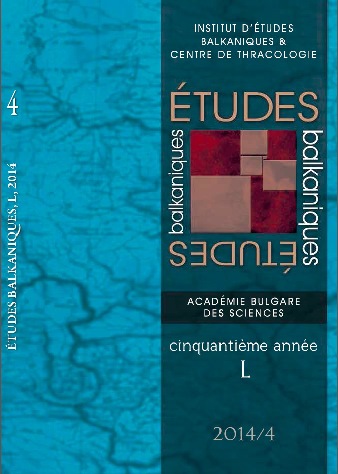WHAT THE POLITICAL CARTOONS TELL US ABOUT THE MEANING OF EUROPEAN INTEGRATION? A LOOK FROM BULGARIA AND MACEDONIA
WHAT THE POLITICAL CARTOONS TELL US ABOUT THE MEANING OF EUROPEAN INTEGRATION? A LOOK FROM BULGARIA AND MACEDONIA
Author(s): Simeon MitropolitskiSubject(s): Politics / Political Sciences
Published by: Институт за балканистика с Център по тракология - Българска академия на науките
Keywords: European Union, Bulgaria, Macedonia, politics, culture
Summary/Abstract: What does it mean for a post-communist society to become integrated within the European Union? Are these societies automatically becoming more European-like by learning how to be European or by strategically accommodating their distinctivness within the new larger political and cultural area? Are they gradually accepting the norms of the stronger party or boldly negotiating their interests within the new environment? This paper starts from ontological premises based on hermeneutics, and proceeds through a methodological protocol inspired by political ethnography. Instead of mainly looking at the legislative acts and at the politicians’ behavior, it traces European integration by analyzing political cartoons that narrate stories of local identities and how they interact with the new European character. These cartoons are collected in two post-communist countries, Bulgaria and Macedonia, which are positioned on different stages of European integration. Some of the findings confirm earlier conclusions in the literature. Others are counterintuitive, e. g. a complete symbolic reverse of the asymmetric power relationship between the EU and Macedonia, and the establishment of a common European identity in Bulgaria, based on political corruption and the cynical attitude toward the politics.
Journal: Études balkaniques
- Issue Year: 2014
- Issue No: 4
- Page Range: 82-97
- Page Count: 16
- Language: English

